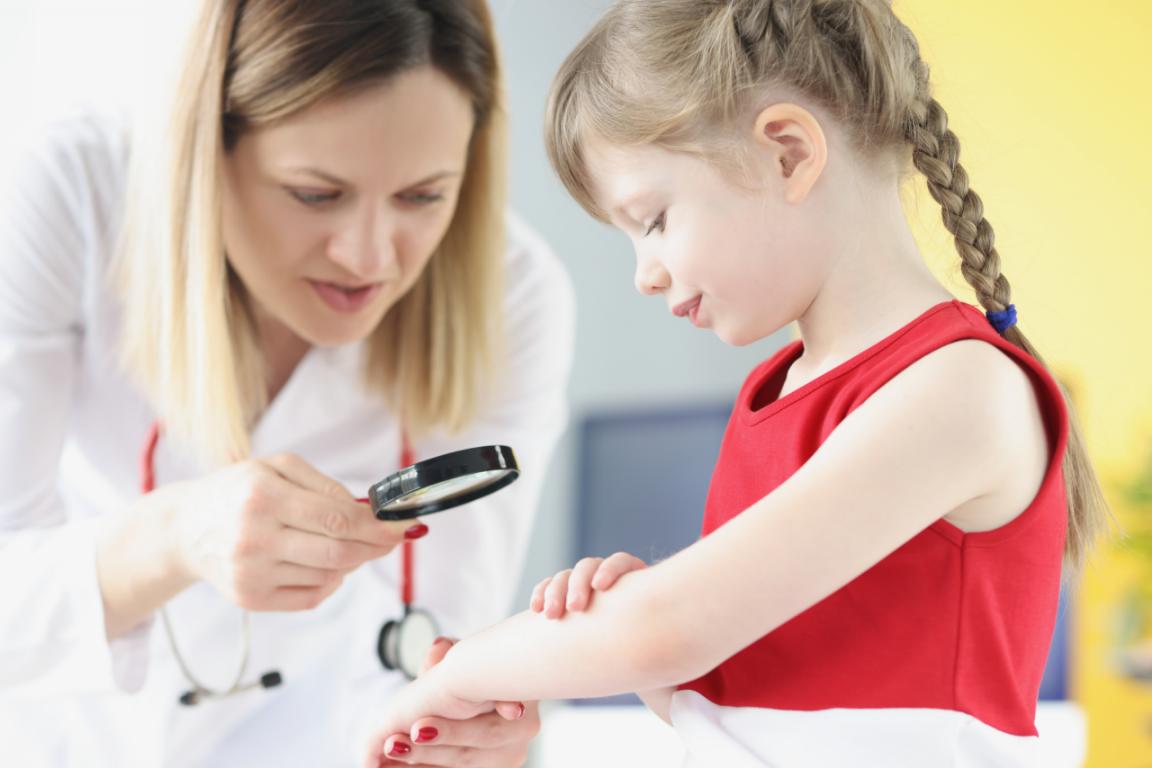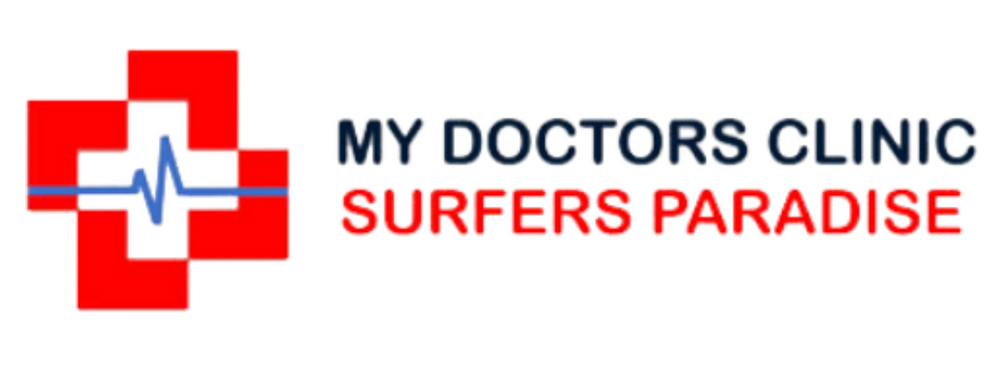- Opening Hours: Monday to Friday - 7am to 5pm, Saturday & Sunday - 8am to 5pm
- Contact: (07) 5592 2299

- Home
- Services
- General Practice / Family Medicine
- Cosmetic & Rejuvenation Clinic
- Skin Cancer Clinic
- Complimentary Medications
- Opioid Dependence Treatment Clinic
- Pregnancy & Antenatal Care
- Heart Health Check
- Chronic Disease Management
- Childhood Immunisations
- Men’s Health
- Weight Loss Program
- Women’s Health
- Work Injuries & Work Cover Claims
- Travel Clinic & Vaccinations
- Pre-Employment Medicals
- Sexual Health Clinic
- Mental Health Care Plans (Bulk Billed)
- Aboriginal & Torres Strait Islander Health Check
- 75years+ Annual Health Checks (Bulk Billed)
- 45-49 years Health Checks (Bulk Billed)
- Nursing Homes Visit
- Patient Information
- Complimentary Medications
- Pharmacy
- Contact Us
- FAQs
- Appointment

